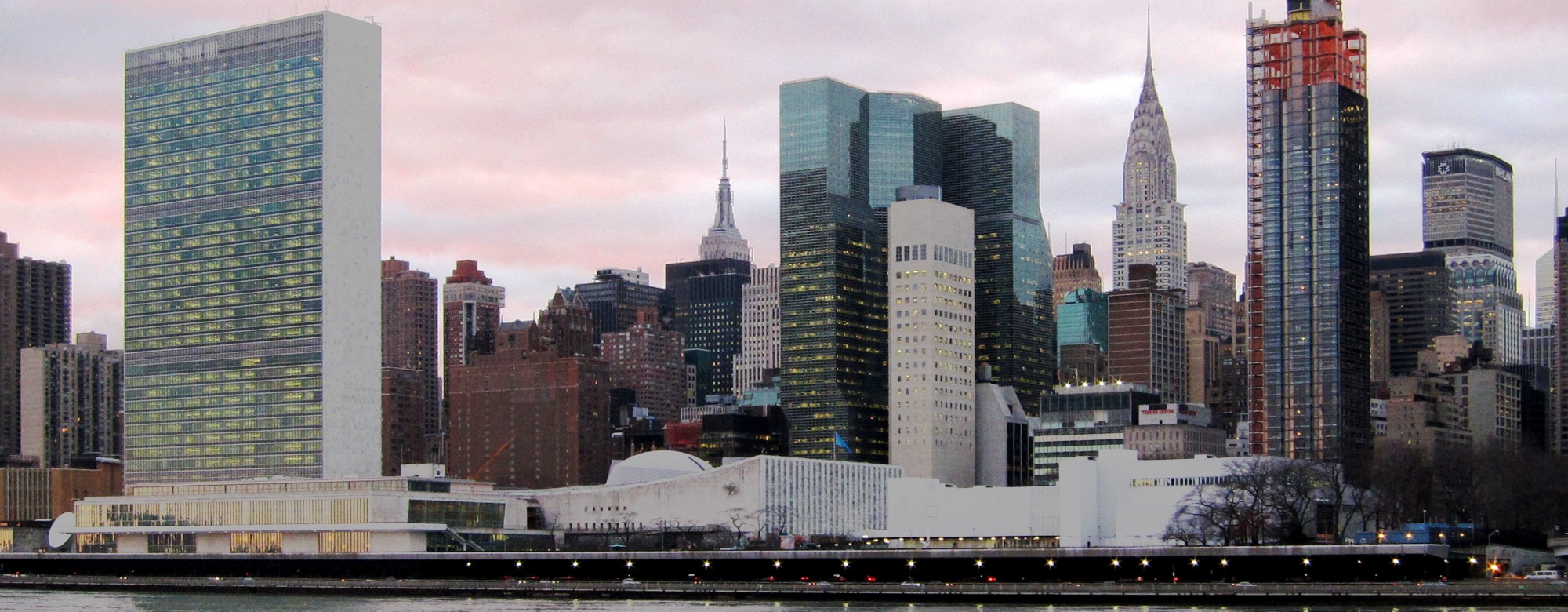
Is this the end of the liberal international order?
Today, the liberal international order is in crisis with urgent attention needed if the order is to continue to be of relevance. Yet so far little action has been taken to repair or reform the order and the value of the liberal international order is increasingly questioned even from within its own ranks. The possible end of the liberal order is therefore a prospect to be taken seriously.
The current malaise in the liberal international order is puzzling because although the order always has encountered a fair share of adversity and crisis, the order was thought to be resilient because on the one hand, it had a remarkable ability to adapt in response to crisis and change and, on the other hand, it was able to maintain stable institutional practices, which provided certainty and predictability for those living within its realm and working on its behalf. However, in the current situation, it is no longer clear exactly what the liberal order is, or should be, and those working within its institutions and on its behalf seem paralyzed and unable to undertake the necessary repair and reform.
My recent article uses insights from the resilience-thinking literature supplemented with insights from the literature on social theory and ontological security, to understand why the necessary repair and reform of the liberal international order is not taking place.
The article develops a conceptual framework which links resilience and ontological security in order to better understand what makes an entity resilient and why agents only sometimes undertake the necessary action for maintaining its resilience. The framework may help us to better understand the very complex issues that face us today and can make us better prepared to meet the risks and challenges that clearly are facing the liberal international order.
The conceptual framework allows me to trace the finer nuances in the present crisis, revealing that the liberal international order is currently being pummeled by three separate crises located in each of its constitutive elements–a crisis of leadership is challenging its traditional power patterns; a crisis of democracy is challenging its traditional principles and a crisis of multilateralism is challenging its traditional institutional patterns.
The three crises each go to the very essence of what we understand the liberal international order to be and they make it near impossible to maintain a stable identity, a strong narrative and reinforcing practices with detrimental effects on the ontological security of those we would normally expect to undertake the necessary reform and repair of the order. The three crises interact with each other in ways that further deepen liberal order’s crisis. As a result, the resilience of the liberal international order is in a bad–and currently–deteriorating condition.
It is noteworthy that where previous crises primarily have been caused by externally generated pressure and contestation–which certainly is still a factor–the current three crises seem to be internally generated. Especially, the arrival of Donald Trump in the White House and the emergence of populist politics, which have broken the post-war cross-party consensus on the value of the liberal international order, has added to the intensity of all three crises with significant implications for the liberal order’s ability to remain fit for its traditional purpose.
Although each of the three crises are well-documented in the expanding literature on the crisis in the liberal order, they have not so far been brought together within one analytical framework. The article brings all three crises to the forefront and demonstrates how each of the crises affect the liberal international order in detrimental ways.
The article has both a theoretical and an empirical contribution. Theoretically, the article adds to resilience-thinking by adding an agent-level theoretical perspective as well as an ideal-type conceptualization of the social structure of entities within which resilience is forged. The article shows a plausible link between the resilience of the entity and the ontological security of the agents acting on its behalf.
Empirically, the article adds to our understanding of the current crisis of the liberal international order by identifying the three separate crises and placing them with each of the three constitutive elements of the liberal order and by demonstrating how each of the crises affect both the resilience of liberal order as an entity and the ontological security of those “real people” who act on its behalf and are subject to its policies.
Unfortunately, the link between resilience and ontological security shows that although the liberal international order is in desperate need of repair and reform–those who should undertake necessary repairs and reforms lack ontological security and are not therefore able to invoke their agency to do so. As a result there is a significant danger that the liberal international order is indeed coming to an end.
You can read Trine Flockhart's article in Contemporary Security Policy here. This blog article was originally posted on Contemporary Security Policy.
Picture credit: cropped from Neptuul, under Creative Commons Attribution - Share Alike 3.0 license.